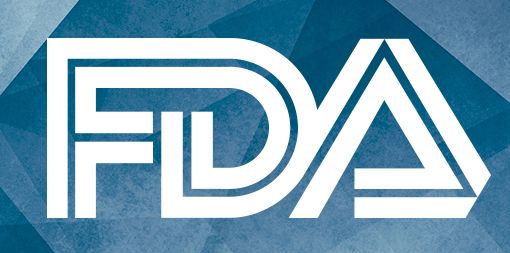FDA Approves SKYTROFA, First Once-Weekly Treatment for Growth Hormone Deficiency in Children
With approval awarded to Ascendis Pharma on August 25, lonapegsomatropin-tcgd (SKYTROFA) becomes the first once-weekly injection approved by the FDA to deliver somatropin by sustained release over a 1-week period.

The US Food and Drug Administration has approved lonapegsomatropin-tcgd (SKYTROFA) for the treatment of pediatric patients 1 year and older who have growth failure due to inadequate secretion of endogenous growth hormone (GH), according to a release from Ascendis Pharma.
Announced on August 25, the once-weekly injection becomes the first product approved by the FDA that delivered somatropin by sustained release over a 1-week period. The indication is for use in pediatric patients 1 year and older who weigh at least 25.4 lb.
“Today’s approval represents an important new choice for children with GHD and their families, who will now have a once-weekly treatment option. In the pivotal head-to-head clinical trial, once-weekly SKYTROFA demonstrated higher annualized height velocity at week 52 compared to somatropin,” said Paul Thornton, MBBCh, MRCPI, a clinical investigator and pediatric endocrinologist in Fort Worth, Texas, in the release from Ascendis Pharma. “This once-weekly treatment could reduce treatment burden and potentially replace the daily somatropin therapies, which have been the standard of care for over 30 years.”
Ascendis Pharma pointed out the approval also includes the SKYTROFA Auto-Injector and cartridges, which can be stored at room temperature for up to 6 months after removal from a refrigerator. The company also noted pre-filled cartridges would be available in 9 dosage strengths to allow for dosing flexibility and the commercial launch of lonapegsomatropin-tcgd will include a full suite of patient support programs, including patient education protocols.
According to Ascendis Pharma, approval of lonapegsomatropin-tcgd was based on the results of the heiGHt trial. A phase 3 global, randomized, open-label, active-controlled, parallel-group trial lasting 52 weeks that enrolled 161 treatment-naive children with growth hormone deficiency, the trial was designed with a primary endpoint of annualized height velocity at 52 weeks in those treated with lonapegsomatropin-tcgd and daily hGH treatments. Results of the trial suggested use of lonapegsomatropin-tcgd was associated with greater annualized height velocity at week 52, with a treatment difference of 0.9 cm/year (11.2 cm/year vs 10.3 cm/year)
“It is wonderful that patients and their families now have the option of a once-weekly growth hormone therapy,” said Mary Andrews, Chief Executive Officer and co-founder of the MAGIC Foundation, in the release from Ascendis Pharma. “GHD is often overlooked and undertreated in our children and managing it can be challenging for families. We are excited about this news as treating GHD is important, and children have a short time to grow.”
Lonapegsomatropin-tcgd is contraindicated in multiple patient populations, including those with acute critical illness after open heart surgery, abdominal surgery or multiple accidental trauma, or acute respiratory failure due to the risk of increased mortality with use of pharmacologic doses of somatropin, those with hypersensitivity to somatropin or any of the excipients in SKYTROFA, and those with any active malignancy.
Editor’s note: More information about contraindications can be found in the prescribing information for Lonapegsomatropin-tcgd (SKYTROFA).